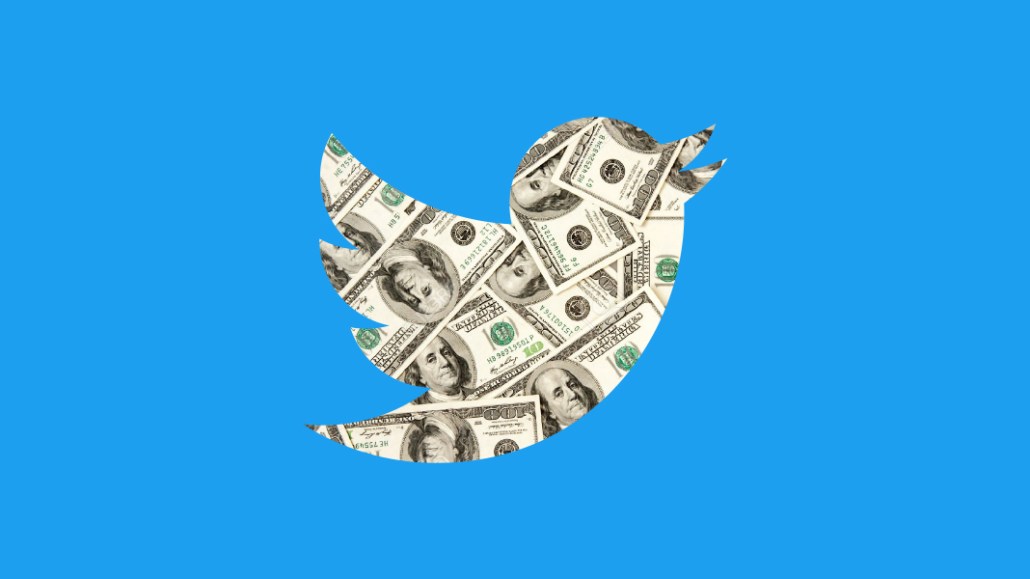Save 50% on a 3-month Digiday+ membership. Ends Dec 5.

Twitter is reportedly preparing to implement a crypto ad ban à la Facebook and Google in the next two weeks.
The so-called ban would block ads associated with cryptocurrency wallets, exchanges and ICOs, or initial coin offerings, “with exceptions.” A Twitter rep did not deny the report in an email exchange Monday morning but declined to comment further.
Similar ad bans by Facebook in early February and Google last week have won praise from the crypto community for rooting out gimmicky get-rich-quick projects without much technical merit that have raised a lot of money but created an unfortunate situation for serious participants and observers, who suffer from the recklessness and misguidedness of the uninformed majority.
Nevertheless, the “brazen scams” continued to be promoted across Twitter. Less than two weeks ago CEO Jack Dorsey popped up to respond to a plea by Cornell University professor and IC3 director Emin Gün Sirer, saying that Twitter is working on managing that kind of activity.
More in Marketing

Ulta, Best Buy and Adidas dominate AI holiday shopping mentions
The brands that are seeing the biggest boost from this shift in consumer behavior are some of the biggest retailers.

U.K. retailer Boots leads brand efforts to invest in ad creative’s data layer
For media dollars to make an impact, brands need ad creative that actually hits. More CMOs are investing in pre- and post-flight measurement.
Ad position: web_bfu